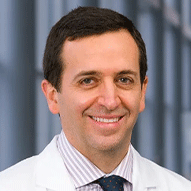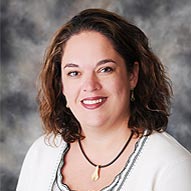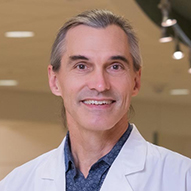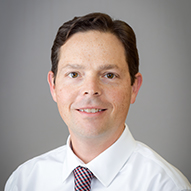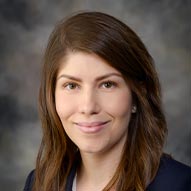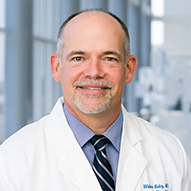Dallas
214-456-2382
Fax: 214-456-6133
Plano
469-303-4400
Fax: 469-303-4420
Referrals
Request an Appointment with codes: Cancer and Blood Disorders (CCBD)
Neurofibromatosis causes tumors to grow on nerve tissue, which can result in hearing loss, vision problems, cardiovascular problems and other issues.
214-456-2382
Fax: 214-456-6133
469-303-4400
Fax: 469-303-4420
Request an Appointment with codes: Cancer and Blood Disorders (CCBD)
Neurofibromatosis is a genetic condition (passed down from parent to child) in which tumors grow on the nerve tissue. Typically, the tumors are benign (noncancerous), but can sometimes become malignant (cancerous). These tumors can develop anywhere throughout the nervous system, such as the brain, spinal cord or nerves.
The Neurofibromatosis Program at the Gill Center for Cancer and Blood Disorders is the largest pediatric neurofibromatosis (NF) program in North Texas and the only regional program affiliated with the Children’s Tumor Foundation.
Under the leadership of UT Southwestern assistant professor of pediatrics and neurological surgery Laura Klesse, M.D., Ph.D., the number of active patients in the program has doubled and continues to grow. The Neurofibromatosis Program at Children’s Health currently treats patients with all types of neurofibromatosis – the more common neurofibromatosis type 1 as well as the less common neurofibromatosis type 2 and schwannomatosis.
The growth of our program reflects the effectiveness of our comprehensive approach to patient care and our ability to leverage clinical trials to the benefit of patients.
There are three types of neurofibromatosis:
Neurofibromatosis 1 (NF1) – This condition usually appears shortly after birth, and almost always by age 10.
Neurofibromatosis 2 (NF2) – Much less common than NF1, this condition usually appears by the late teen (15 to 17 years*) or early adult years (18 to 25 years*). In this condition, tumors known as acoustic neuromas grow in both ears, affecting hearing and balance.
Schwannomatosis – This rare condition typically affects individuals after age 20, and causes tumors to grow on the cranial (skull), spinal and peripheral nerves.
Signs and symptoms of NF1 can vary in severity over time and include:
Individuals with NF2 may experience some or all of the following symptoms:
The main symptoms of schwannomatosis are:
*Age of late teen and early adult as defined by the Centers for Disease Control (CDC).
Children with neurofibromatosis 1 can develop several health conditions including fluid build-up in the brain, headaches, seizures, heart defects and high blood pressure. Children with NF1 may also have learning or behavioral challenges. Due to these conditions, medical treatment may include medication, surgery, radiation, or chemotherapy, among other interventions.
NF is the most common cancer predisposition syndrome in children. Managing this chronic disease year in and year out requires continuity of care with a focus on screening and access to subspecialists. To that end, the NF Program holds two clinics a week to accommodate annual or more frequent office visits for all patients. These visits allow us to track patient health and serve as the coordination point for regular screenings – ophthalmological and neuropsychology evaluations are common, for example.
Once a month, complex NF cases are brought before a comprehensive board of subspecialists to develop and coordinate medical treatment plans. The board includes not only medical subspecialists, such as neurologists, neuropsychologists and ophthalmologists, but also school services specialists and surgical subspecialists. Given this breadth of expertise, all NF-related issues receive the best possible treatment.
Patients in the Gill Center’s Neurofibromatosis program have access to one of the country’s largest NF clinical programs, with the most up to date clinical therapies and research for patients with both NF1 and NF2. The Gill Center’s NF program has participated in a number of multicenter trials as well as research performed solely at our institution.
Currently, our program is participating in a multi-institution trial to follow NF associated optic gliomas, attempting to identify factors which indicate therapy may be necessary. Our NF program was also selected as a site for the clinical trial of Lovastatin™ in the learning issues associated with NF. Currently, three institutional studies are underway. Led by Dr. Alice Ann Holland of the neuropsychology, one clinical trial assesses the prevalence and possible health correlation of bullying in our NF patient population. The second study is a collaborative effort between Animesh Tandon, M.D., pediatric cardiologist and Dr. Klesse to study the prevalence of heart disease risk factor in pediatric NF patients. Finally, our program has a bio specimen repository aimed at collecting samples from both patients and family members to identify potential genetic modifiers of tumors associated with NF1.

